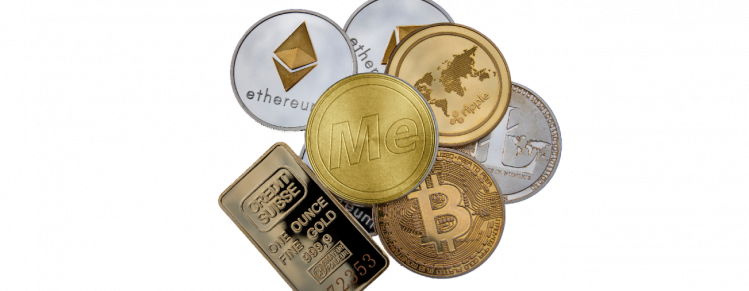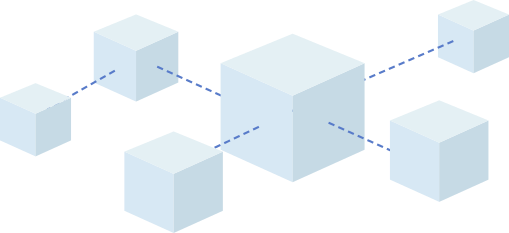Mintme News

Nowadays, the simplest things took the shape of a computer already: e-books, music, houses, cooking, medicine, interactive (real graphics) video games, virtual friends, even dating and online tourism. Nevertheless, there’s still something regarding our daily life that had skirted the grasp of super technology for a long time: currency.
Satoshi Nakamoto opened the doors to the cryptocurrency world in 2009 with Bitcoin, a crypto coin that captured significant investors and media attention in April 2013 when it peaked at a record of $266 per bitcoin sporting a market value of over $2 billion. I’m pretty sure Bitcoin is a name everyone is related to in one way or another. But do we really know what cryptocurrency is? Nakamoto described it as an electronic payment system based on cryptographic proof instead of trust, allowing any two willing parties to transact directly with each other without the need of a trusted third. Indeed, cryptocurrency is a purely peer-to-peer network version of electronic cash that would allow online payments to be sent directly from one party to another. And since its decentralized, transactions reach their aim without going through a financial institution or third party.

But here is the big question: Will cryptocurrency become an imminent part of our future? We can say that in less than 10 years, Blockchain and cryptocurrency made the leap from being only an academic concept to a (virtual) reality, going from fringe technologies to conversation topics among the greatest personalities and institutions. Beyond the fluctuating price of Bitcoin or any other crypto coin like Ether, Litecoin or Webchain, a more concrete indicator of legitimacy and general acceptance is how seriously the subject is being taken at higher-education institutions like The New York University, Stanford University, and MIT. Now they all offer at least one course or program in the realm of blockchain or cryptocurrency.
According to statistics shared by Coinbase, approximately 17% of computer science and engineering major students have already taken a course that focuses on cryptocurrency and blockchain, along with approximately 15% of economics and math major students and approximately 11% of business majors. There are also plenty of options for people not currently enrolled at a university to learn more about crypto. Online learning sites like Udemy, Coursera, edX, and Udacity offer hundreds of courses, including general lessons in foundational cryptography and more specialized classes on blockchain and cryptocurrency. Also the increasing number of jobs related to blockchain technology that grew by almost 200% in 2017, companies increasingly seeking experts to focus on this new technology showed in the increasing lists of employment-related search engines, for example indeed.com and other websites like cryptojobslist looking for lawyers, engineers, content writers, marketing managers, analysts, journalists and developers; an increasing number of merchants who accept cryptocurrencies as a valid transaction, recent news about the rise of cryptocurrency adoption in inflation-prone countries such as Venezuela and the growing number of things you can buy with crypto nowadays give us an idea of what may be ahead of us
"... future of cryptocurrency lies in online platforms designed to make trade easier for both buyers and sellers, projects like MintMe"

Since it’s said that the future of cryptocurrency lies in online platforms designed to make trade easier for both buyers and sellers, projects like MintMe, based in these overflowing technologies are offering alternatives to the internauts, webmasters, entrepreneurs and investors that are looking for self-sustainability, real profitability, security and independence, offering a very new crowdfunding and exchange platform intervening then in the world of financial patronage, support and sponsorship for startups and creators around the globe allowing them to make money online. Then it’s clear that crypto has a significant role to play in the future of money because of its potential to transform business as we know it, from our interactions (social or economic), to the pace and direction of the commercial change.

By Mary Schwartz